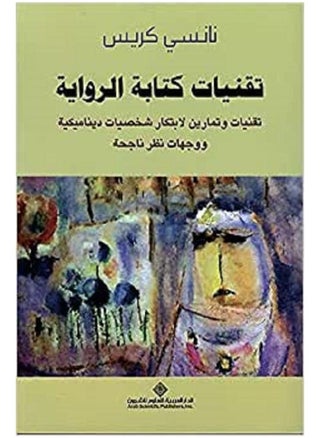| Book Description | The author of this book outlines all the main elements that make reading a novel enjoyable, attention-grabbing, and engaging, creating in the reader a desire and passion to follow it. She dissects and analyzes these elements one by one, aiming to arrive at a comprehensive understanding of the writing techniques that, when applied well, lead to the success of a novel and its widespread circulation among readers. The author believes that novelists must recognize that the magic key to all of this lies in character development, and that it is impossible to "even have fictional stories without interesting and realistic characters." She emphasizes that other elements of the novel are directly related to the characters: the plot varies with different characters, the choice of setting is influenced by the selected character, and writing styles also change based on character. Therefore, if you invest time, effort, and imagination in creating compelling characters, you will immediately have control over the plot, setting, and style. The most important means to create effective characters is to learn "how to be three people at once: the writer, the character, and the reader," all of whom exist in sequential mental states during writing. This skill will gradually improve with practice and progression in the work. The study includes answers to all questions related to novel writing, such as using metaphor to describe emotions, introducing the element of frustration ("the most impactful emotion in novels"), how to use dialogue and ideas, and creating specific emotional situations like love, conflict, and death, as well as the impact of using the first-person and third-person voices and the "fourth voice" that connects the threads together, along with many observations, comments, and useful tips that provide valuable knowledge to the narrator, saving time, effort, and experience. The methodological study also includes direct interactive exercises following the presented topics, along with excerpts, examples, and passages from the most famous novels in the world. The final advice the author offers in this well-researched, useful, and enjoyable book is: "The greatest help you can give yourself as a writer is to consider the novel as the story of the characters, not your own story." Readers "want to see interesting people living out their stories." |
Free & Easy Returns
Best Deals

